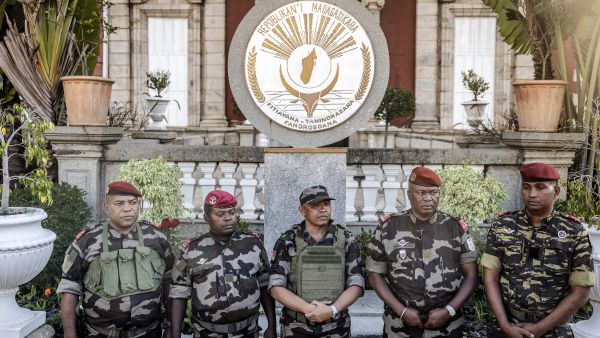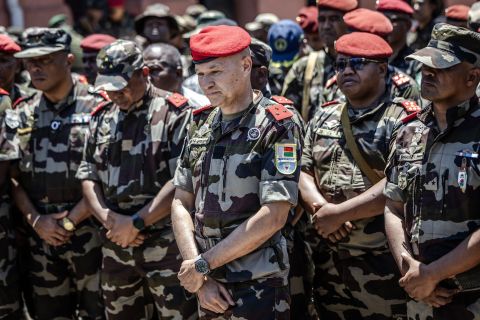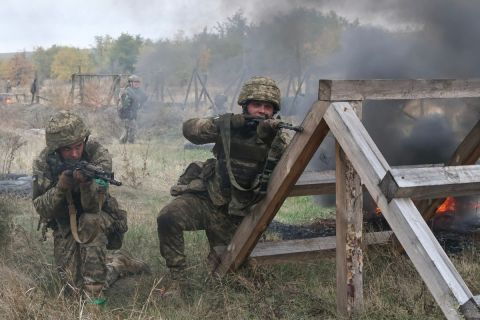ALBAWABA - Madagascar plunged into a political crisis on Tuesday after the military announced it had assumed control of the government, just one day after impeached President Andry Rajoelina was evacuated to France amid massive protests and a mutiny within the armed forces.
Colonel Michael Randrianirina, commander of the elite CAPSAT unit, declared on national radio that the army had taken charge “to restore stability and protect national unity,” suspending the constitution and dissolving all state institutions except the lower house of parliament.
He added that a transitional prime minister would be appointed “within days” to form a civilian-led government.
The takeover follows a week of escalating unrest that culminated in Rajoelina’s dramatic departure from the capital, Antananarivo, on Sunday.
Facing mounting Gen Z-led protests over corruption, economic decline, and power shortages, the 51-year-old president, who holds dual French and Malagasy citizenship, was flown out by a French military aircraft after talks with French President Emmanuel Macron.
From exile, Rajoelina attempted to dissolve the National Assembly via a social media decree, but opposition lawmakers swiftly convened and voted 130–12 to impeach him, branding his actions unconstitutional.
CAPSAT forces, who had defected to join protesters earlier in the week, quickly consolidated control of key installations and announced the creation of a joint military council to oversee governance.
Rajoelina, who first seized power in a 2009 coup with CAPSAT’s backing, addressed the nation remotely on Monday evening, rejecting the coup label and promising to “return soon.” He accused his opponents of exploiting public frustration to destabilize the country.
The protests, led largely by young activists inspired by movements in Kenya and Bangladesh, have called for early elections and an end to French influence in Madagascar’s politics.
Many demonstrators hailed the army’s intervention as “the people’s victory,” though analysts warn of deep uncertainty ahead.
The African Union urged restraint and a rapid return to civilian rule, while France confirmed Rajoelina’s presence on its soil but refrained from commenting on the coup.











